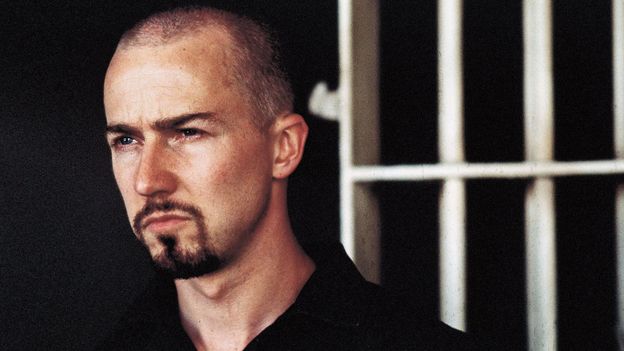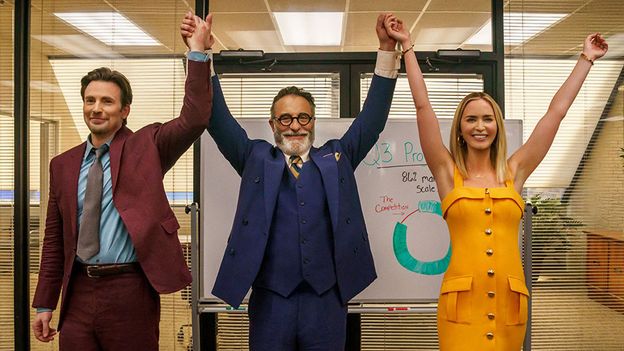The coach, Thomas Rongen, is played by Irish superstar Michael Fassbender. It’s excellent casting as Fassbender’s reputation for playing serious characters with deep psychological flaws makes him the perfect straight-man. His Rongen is at an all-time low. The American Football Association has tired of his constant violent outbursts and is ready to sack him; his wife has left him for another man. He is left with little to no option but to fly around the world to a sleepy island with no football history and try to install some discipline and footballing nous. He soon regrets his decision when he starts to meet the players, realising that they don’t share his belief that football is more important than life and death. Hailing from a country of only 45,000, these hapless amateurs all have multiple jobs, among them cameraman for the local television station, bar owner, waiter and taxi driver.
The most unusual aspect of this American Samoan football team is not their tragic inability to score. At the side’s heart is a player going through hormone therapy, transitioning from man to woman. The character is based on Jaiyah Saelua, who is fa’afafine, which refers to a “third gender” as understood in Polynesian society. Saelua was the first openly non-binary and trans woman to compete in a Fifa World Cup qualifier and, since the documentary’s success, has become a global equality ambassador for the organisation.
While the documentary tells this story with great care and sincerity, Waititi’s directing superpower is to take this story, turn it into a broad, light-hearted comedy, and somehow do so while retaining the tale’s social relevance – and not being offensive. Newcomer Kaimana plays Jaiyah as a kind, soft-hearted soul with a demonic streak that appears whenever someone calls her Johnny. Rongen makes this error only once.













